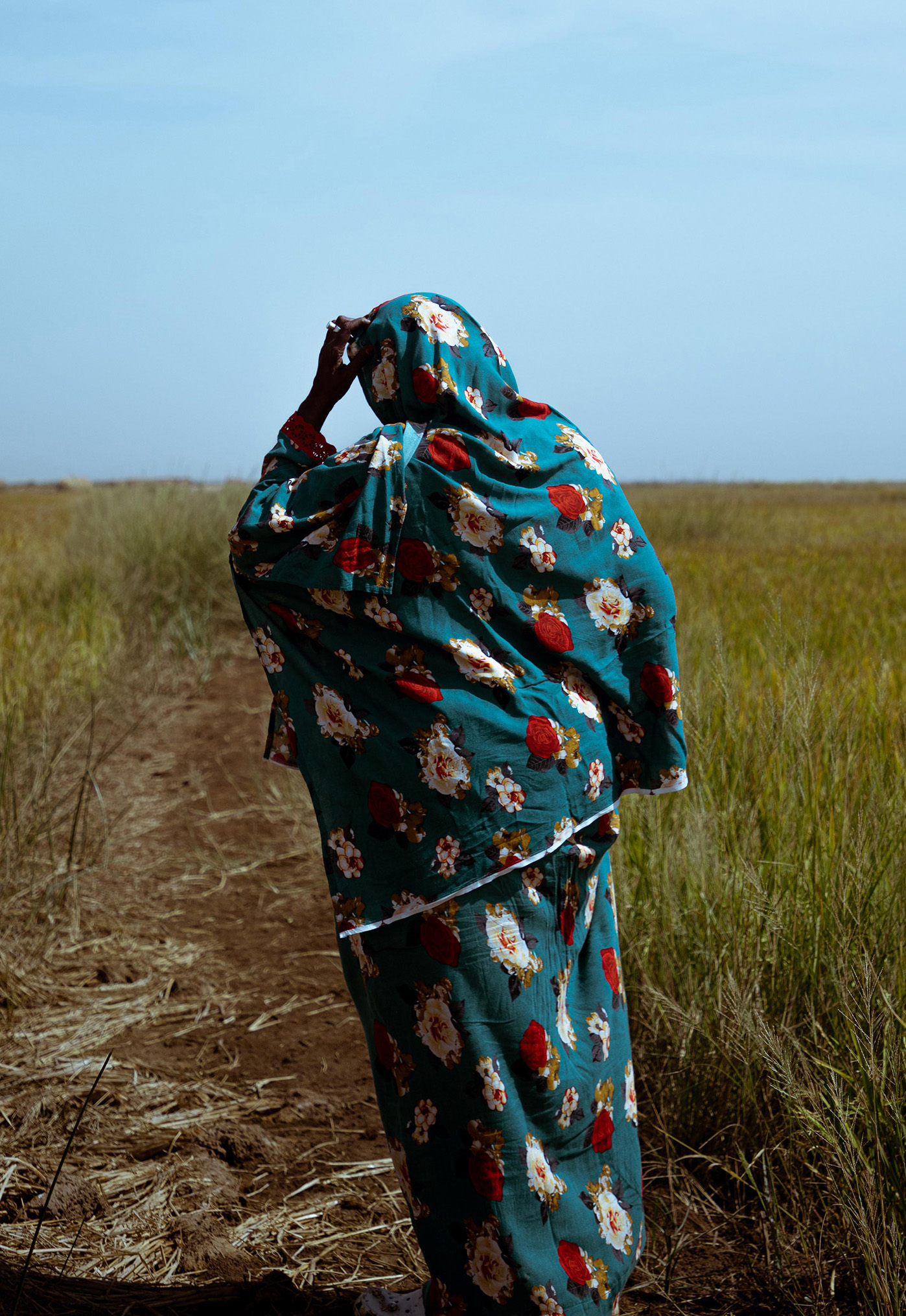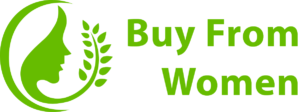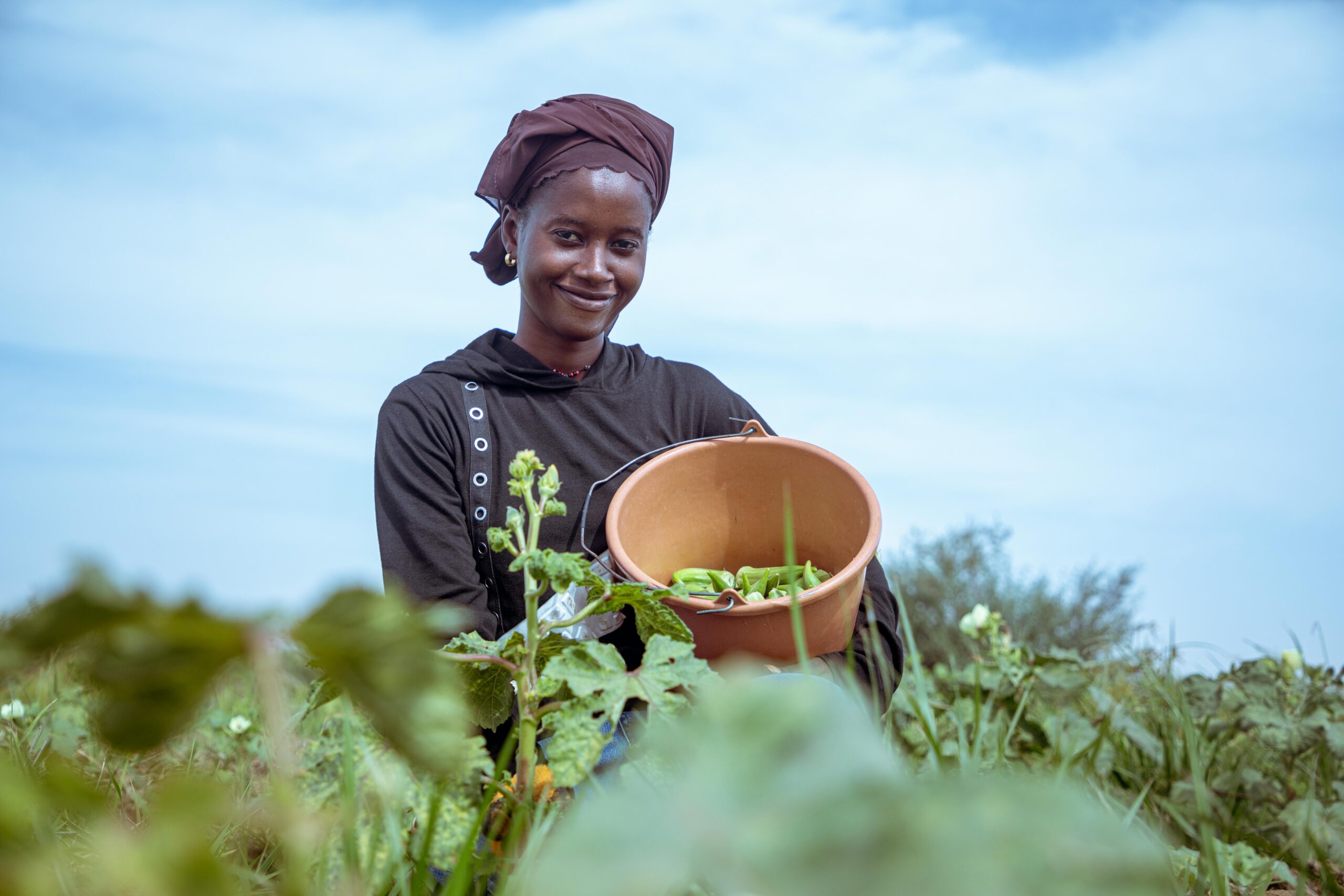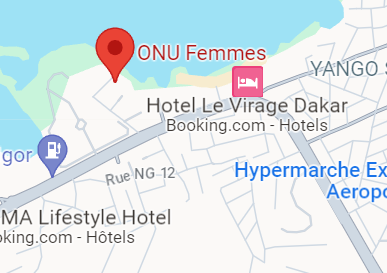Agriculture for women
Quality local products grown by women
Choose: Buy from Women
And empower women
Buy from Women
Discover our digital platform
Buy From Women
Agriculture
feminine

The vast majority of the Senegalese population is rural (52.6%) and women represent 50.2% (ANSD, 2021 demographic projections). Rice is a highly strategic commodity for Senegal with an average consumption of 162.4 g per capita. and per day and, 32.4% came from imports (Source: National report on the prevalence of undernourishment and the food insecurity measurement scale based on experiences 2018-2019, FAO 2022, EHCVM data 2018- 2019). In 2021, these imports contributed 3.92% to the trade balance deficit, despite the local production potential.
Senegal's macroeconomic balance is strongly linked to agriculture, which is the main source of income. The Senegalese agricultural sector in fact supports nearly 908,628 agricultural households in 2023 (Preliminary results RGPH5, ANSD). In 2021, the workforce in agriculture represents 34.9% of the active population and generated 15.5% of GDP (National Accounts 2021, ANSD).

Buy From Women
Choose: Buy from Women
“Buy from Women” is a digital platform whose aim is to allow women farmers to have better access to information and markets. Developed by UN Women, it is an innovation serving the economic empowerment of women in that it allows women farmers to access real-time data and analyzes that improve the quality of their products and connects them with buyers far from their production areas. Buy from Women also reduces intermediaries in the distribution of products grown or processed by women to ensure fairer and more equitable incomes. Choose “Buy from Women” for a sustainable purchase
and concerned about an inclusive economy!

Buy From Women
Shop
Buy From Women in Figures
News
The Women of REFAN
Born in April 2013, the Network of Women Farmers of the North (REFAN) is an association of women and Groups for the Promotion of Women (GPF) with agricultural and para-agricultural, craft and commercial activities. With its 16,000 members scattered along the Senegal River valley and beyond, REFAN pursues an ambition that is perfectly in line with the mandate of UN Women, aiming to establish gender equality and promote economic empowerment women. Since 2017, UN Women Senegal has actively supported the Network of Women Farmers of the North (REFAN) through various projects and programs aimed at increasing the efficiency of its members in production, thus elevating them to the status of champions of agriculture. The results of this involvement are eloquent, manifested in particular by the supply, by the women of REFAN, of high quality products at very competitive prices. In order to take advantage of the enormous potential of digital technology to strengthen the economic empowerment of women, UN Women wishes to make the “Buy from Women” platform a showcase allowing REFAN members to sustainably market their products.
Testimonials
In partnership with








